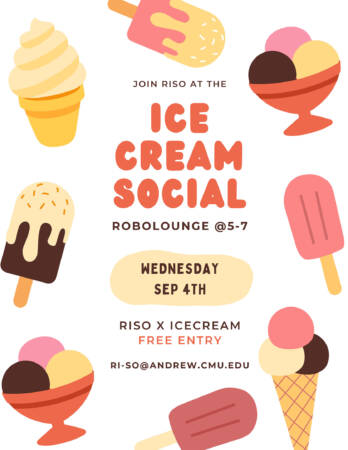AI-CARING
AI-CARING is an NSF-sponsored institute, led by Georgia Tech, whose mission is to investigate, develop and evaluate AI technologies to help older adults live independently. The Institute focuses on providing reminders to the older adults and alerting caregivers when necessary, assisting older adults with tasks such as meal preparation, motivating them to exercise, providing conversational [...]
Learning to Perceive and Predict Everyday Interactions
Abstract: This thesis aims to build computer systems to understand everyday hand-object interactions in the physical world – both perceiving ongoing interactions in 3D space and predicting possible interactions. This ability is crucial for applications such as virtual reality, robotic manipulations, and augmented reality. The problem is inherently ill-posed due to the challenges of one-to-many [...]
Sensorized Soft Material Systems with Integrated Electronics and Computing
Abstract: The integration of soft and multifunctional materials in emerging technologies is becoming more widespread due to their ability to enhance or improve functionality in ways not possible using typical rigid alternatives. This trend is evident in various fields. For example, wearable technologies are increasingly designed using soft materials to improve modulus compatibility with biological [...]
Deep Learning for Tactile Sensing: Development to Deployment
Abstract: The role of sensing is widely acknowledged for robots interacting with the physical environment. However, few contemporary sensors have gained widespread use among roboticists. This thesis proposes a framework for incorporating sensors into a robot learning paradigm, from development to deployment, through the lens of ReSkin -- a versatile and scalable magnetic tactile sensor. [...]
Learning and Translating Temporal Abstractions of Behaviour across Humans and Robots
Abstract: Humans are remarkably adept at learning to perform tasks by imitating other people demonstrating these tasks. Key to this is our ability to reason abstractly about the high-level strategy of the task at hand (such as the recipe of cooking a dish) and the behaviours needed to solve this task (such as the behaviour [...]
Towards Underwater 3D Visual Perception
Abstract: With modern robotic technologies, seafloor imageries have become more accessible to both researchers and the public. This thesis leverages deep learning and 3D vision techniques to deliver valuable information from seafloor image observations. Despite the widespread use of deep learning and 3D vision algorithms across various fields, underwater imaging presents unique challenges, such as [...]
Assistive value alignment using in-situ naturalistic human behaviors
Abstract: As collaborative robots are increasingly deployed in personal environments, such as the home, it is critical they take actions to complete tasks consistent with personal preferences. Determining personal preferences for completing household chores, however, is challenging. Many household chores, such as setting a table or loading a dishwasher, are sequential and open-vocabulary, creating a [...]
Ice Cream Social
Join RISO at the Ice Cream Social robolounge @5-7 Wednesday September 4th Free Entry
Sampling and Signal-Processing for High-Dimensional Visual Appearance in Computer Graphics and Vision
Abstract: Many problems in computer graphics and vision, such as acquiring images of a scene to enable synthesis of novel views from many directions for virtual reality, computing realistic images by integrating lighting from many different incident directions across a range of scene pixels and viewing angles, or acquiring and modeling the appearance of realistic materials [...]








